- Homepage
- Our green garden
- Teach Your Children to Fish
Teach your children to fish
Teach your children to fish literally and figuratively-speaking.
I am so glad my parents taught me to fish. Actually that is not entirely true. I was of an age when I knew everything and was unteachable; learning about gardening was very low on my agenda.
But I did know that the green peas and freshly-squeezed orange juice straight from their organic garden were without equal.
It did not take an epicure to establish that the food produced by commercial companies was not even vaguely in the same league when it came to flavour. Whether it was nourishing or not was not important in those naive, heady-days.
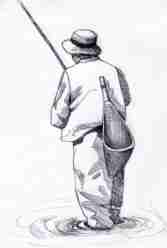
Watching long queues of desperately hungry people in the media waiting for food parcels awoke in me a long-dormant appreciation of the love of the garden that had been gently planted deep in my psyche without my even knowing it; my parents left a legacy that is without equal.
Today our suburban garden produces a mountain of food that astonishes us; can you imagine that we have just harvested 150 butternut this winter?
And it's not just food; it is of the highest calibre in terms of nutrition and the rich flavour of freshly-picked veggies is without equal.
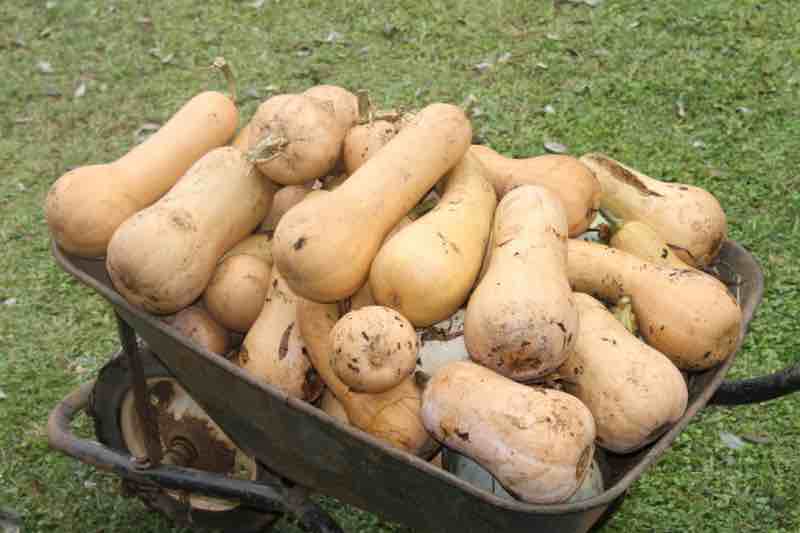
Of course it is not just about having plenty of food when others are
starving; the taste and nutritional content and the absence of toxic
pesticides are just as important.
We have at least 10 different fruiting bushes and trees growing in our garden. On any one day our family would be enjoying at least three. Right now it is avocados, gooseberries and limes. In summer it might be mulberries, oranges and plums. Yes, you might have the conundrum of finding half a worm in your peach but that is a lesser evil compared to being diagnosed with leukaemia.
I have lost so many farming-patients over the years from one of the malignant neoplasms of the blood.
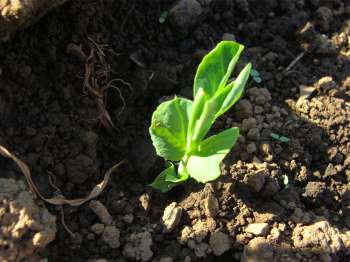
“Hunger is not a natural phenomenon. It is a man-made tragedy. People do not starve because there is not enough food to eat. They are famished because the system which delivers it from the fields to our plates is broken.”
- Desmond Tutu, Nobel Peace Prize winner
Then there are mountains of fresh vegetables. Plenty of greens[3] like kale, spinach and lettuce are enjoyed daily; thick butternut soup[1] with slices of real bread and butter are daily on the platter.
There will be three different kinds of beans for protein today and the peas are coming up strongly. Herbs like parsley, dhania and spring-onions are what turn a dull lettuce-salad into a delight to the senses.
Freezing broad beans so there will be enough for a whole year is high on our agenda.
Corn on the cob has daily been on the menu for lunch for three months but alas they are now over and we were amiss in not planting enough potatoes in February so it’s just freshly-baked bread for lunch every day for our carbohydrate this winter.
Fresh honey straight from the hive actually is the legacy that my grandfather left behind. Three of his offspring are avid beekeepers. Cynical nutritionists say it’s just as bad for us as sugar; scientists have shown that is true of the processed stuff you buy from the supermarket but our natural unprocessed nectar is rich in pollen and over thirty important micronutrients; and does not spike blood-glucose[4].
Still we do limit ourselves to a few teaspoons a day. It is the refined and processed carbohydrates and do the damage.
My parents did dabble for a time with chickens in cages but soon realised that was not part of our philosophy of abundant living. Still that seed too was planted and today we enjoy fresh free-range eggs daily and the occasional young cockerel.
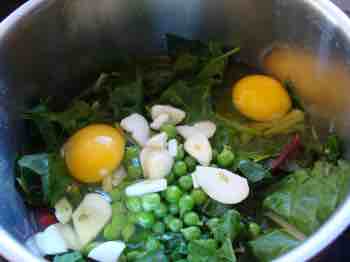
Teach your children to fish; and to bake
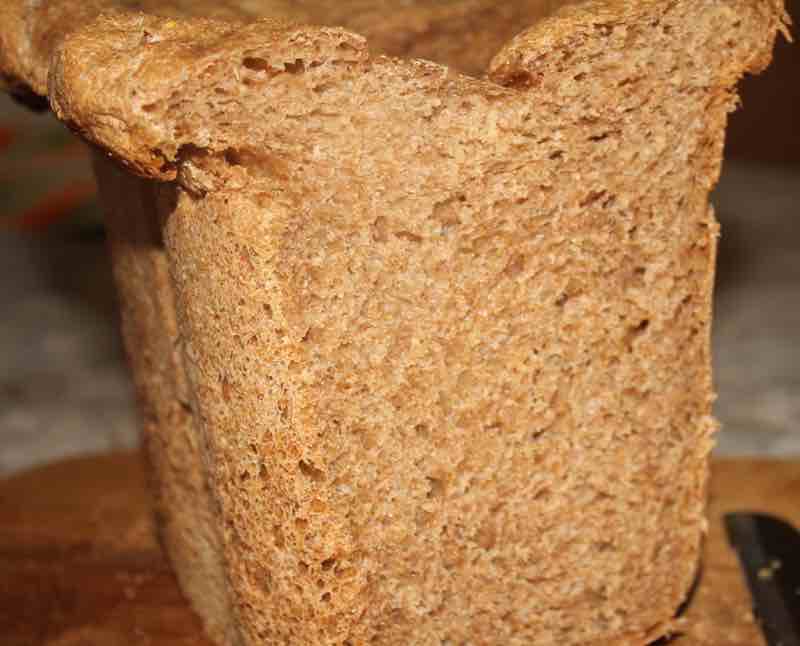
Teach your children to fish or is it better learned by simply watching you at work and play? I never realised that I was imbibing a love of tasty, good food.
Baking fresh bread was the legacy that my nanny left behind, bless her. Four large sacks of wheat from a Winterton farmer are safely stored away from weevils. First they are sifted of the dust and chaff and then frozen for two weeks. So for six rand we have daily the very best sourdough loaf[2] in the world; the taste is to die for.
And lastly we have no need of a gym contract; shovelling compost and digging out mealie-stalks, for example provides us with the exercise that our bodies need. We would like to walk more; that is in the planning, especially after a starchy meal.
Teach your children to fish; and to bake. They will always have food and will bless you long after you have passed on to the next world.
The six pillars of food security
Personally I feel that the six pillars necessary to achieve food security as advocated by the FAO of the United Nations, only address half of the problem.
- Is there enough food?
- Is it economically, physically and socially accessible to people?
- Are people able to safely utilise that food?
- How stable is the source?
- Do people have power in the food system to make choices.
- Is our food source sustainable?
Two factors are not clearly and emphatically addressed. Firstly teaching our children to fish; they must be shown how to grow their own food. Then the source will be both stable and sustainable.
And secondly the chief of cause of the permanent stunting of over a quarter of South Africa's children is not because they do not have enough food but because that which is available is of extremely poor nutritional quality.
Children fed on bread and putu made from highly-refined wheat and maize can be nothing other than stunted, no matter how many loaves there are.
Teach your children to fish; to plant mealies and bake bread using whole-grain flour. Add an egg a day, a bowl of spinach and a butternut soup from the garden; stunting would soon be a distant memory.
Each village and town should have a mill where whole freshly-ground grain can be purchased.
Notice the synergy of green living as one harvests the rain to provide pristine soft water for the home and garden; then the food source is truly sustainable.
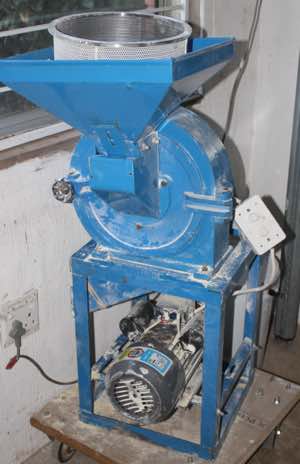 Super-fine maizemeal.
Super-fine maizemeal.Freshly-ground grain contains all the protein, vitamins and minerals. A mealie a day in the summer and unsifted cornmeal throughout the rest of the year would do much to stop the stunting that is blighting the beloved country.
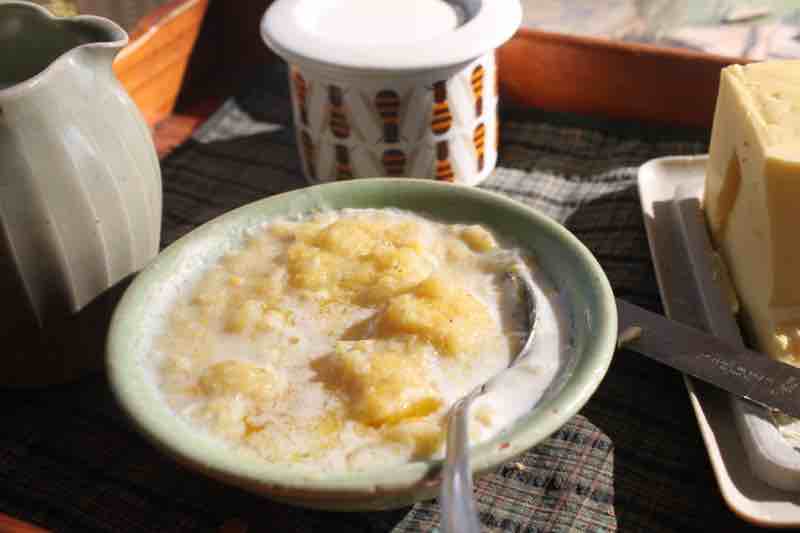
When browsing use right click and Open Link in New Tab, or you may get a bad gateway signal.
Teach your children to grow these foods and they will never be hungry, and certainly not stunted.
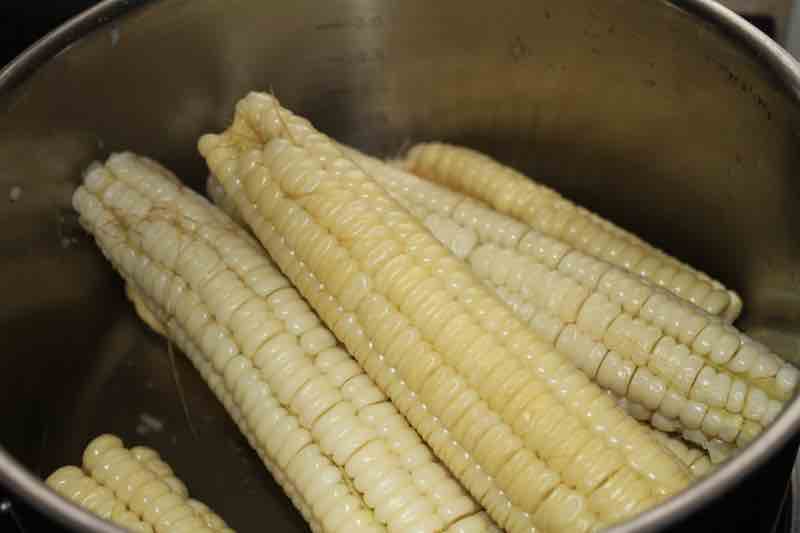
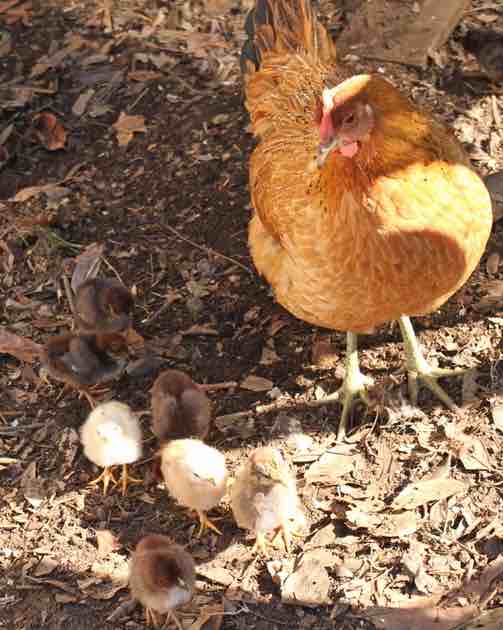
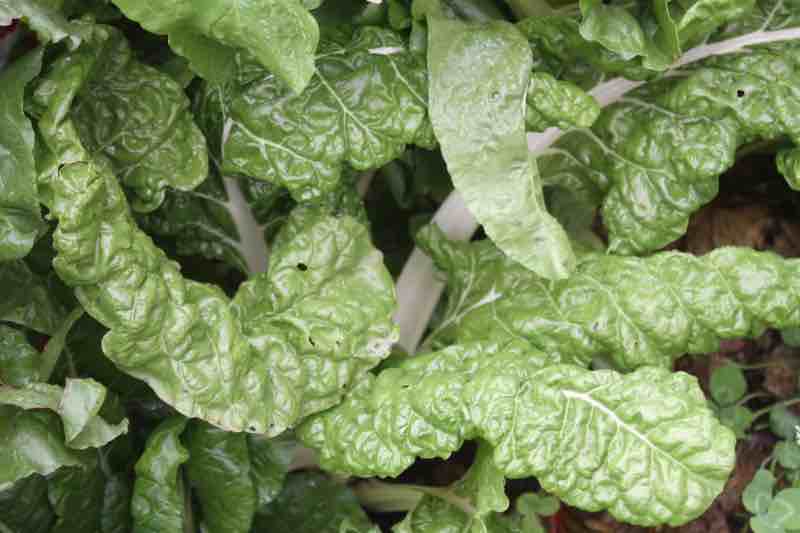
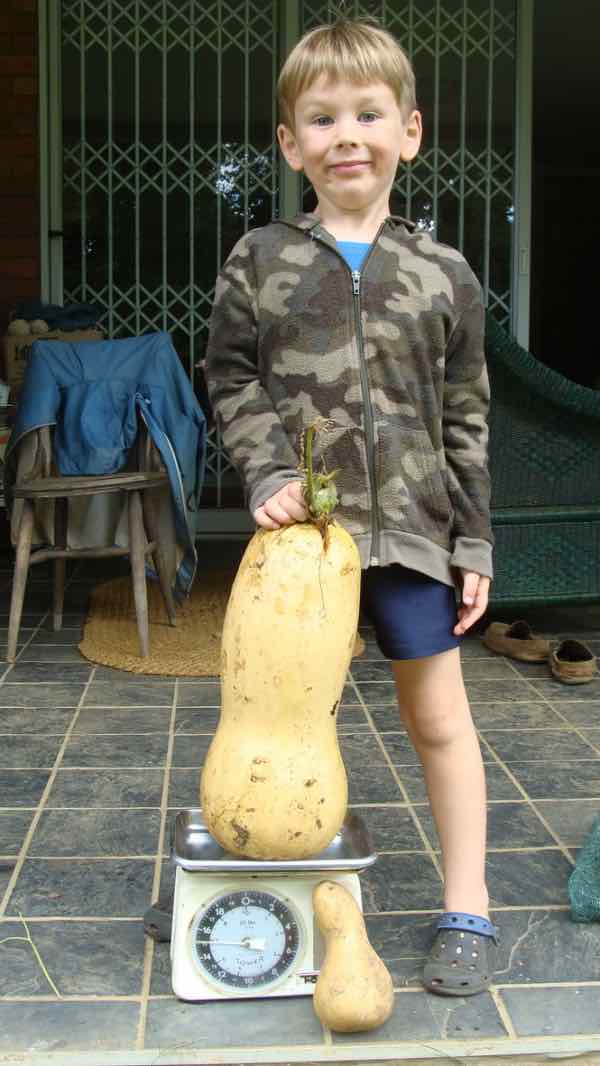
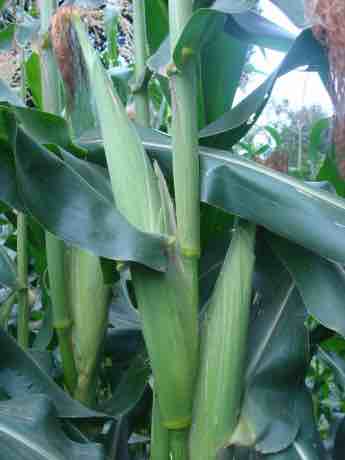
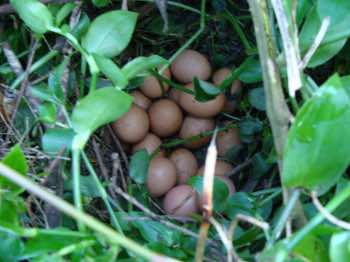
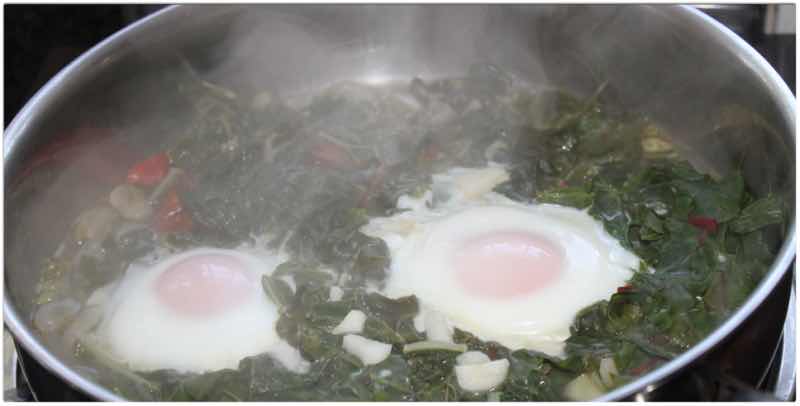
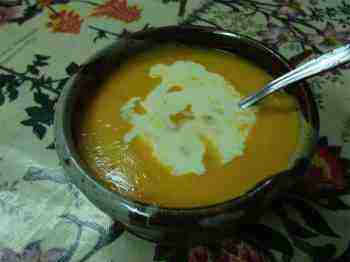
The material expressed on this page is gleaned from the nutritional and environmental literature; it is clearly referenced. A plain distinction is made between the author's opinion and that which is scientifically proven. When in doubt consult your health professional.
To suggest a correction or clarification, write to Dr Bernard Preston here. Contact.
Newsletter
Our newsletter is entitled "create a cyan zone" at your home, preserving both yourself and Mother Earth for future generations; and the family too, of course. We promise not to spam you with daily emails promoting various products. You may get an occasional nudge to buy one of my books.
Here are the back issues.
- Lifestyle and ideal body weight
- What are ultra-processed foods?
- Investing in long-term health
- Diseases from plastic exposure
- Intensive lifestyle management for obesity has limited value
- A world largely devoid of Parkinson's Disease
- The impact of friendly bacteria in the tum on the prevention of cancer
- There's a hole in the bucket
- Everyone is talking about weight loss drugs
- Pull the sweet tooth
- If you suffer from heartburn plant a susu
- Refined maize meal and stunting
- Should agriculture and industry get priority for water and electricity?
- Nature is calling
- Mill your own flour
- Bake your own sourdough bread
- Microplastics from our water
- Alternative types of water storage
- Wear your clothes out
- Comfort foods
- Create a bee-friendly environment
- Go to bed slightly hungry
- Keep bees
- Blue zone folk are religious
- Reduce plastic waste
- Family is important
- What can go in compost?
- Grow broad beans for longevity
- Harvest and store sunshine
- Blue zone exercise
- Harvest and store your rainwater
- Create a cyan zone at your home
Did you find this page interesting? How about forwarding it to a friendly book or food junkie? Better still, a social media tick would help.
- Homepage
- Our green garden
- Teach Your Children to Fish
Address:
56 Groenekloof Rd,
Hilton, KZN
South Africa
Website:
https://www.bernard-preston.com